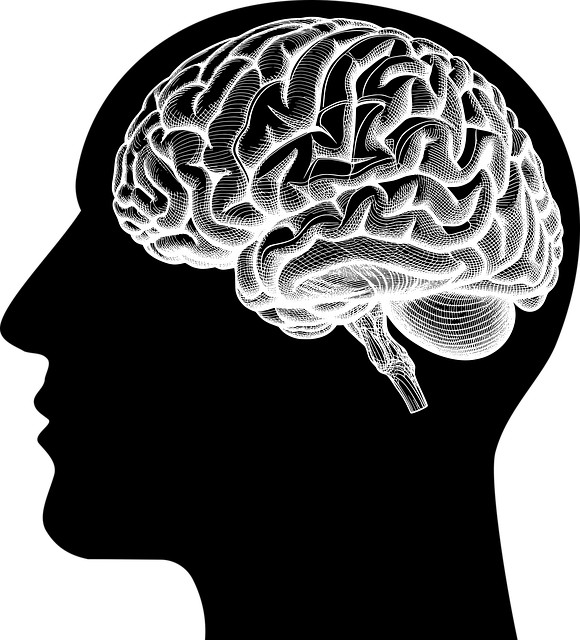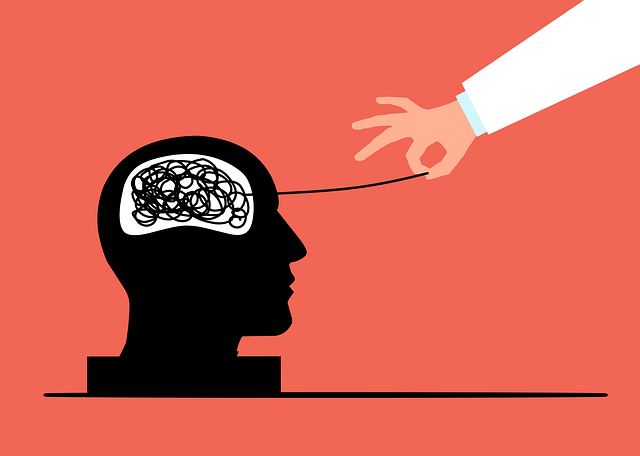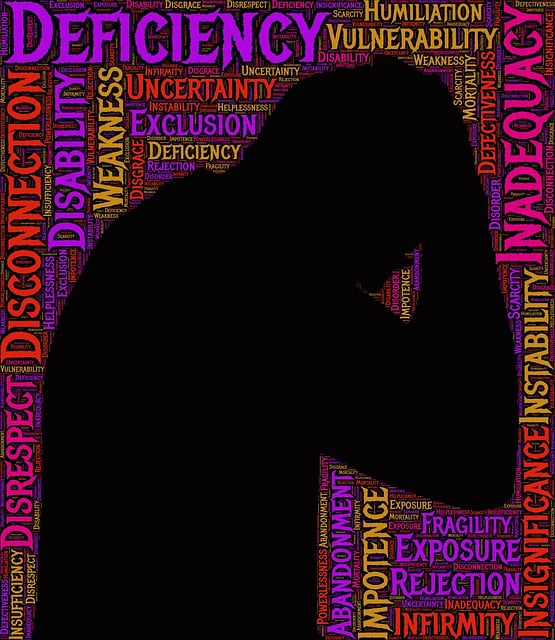Greenwood Village Adolescent and Teen Therapy recognizes the importance of cultural sensitivity in mental healthcare, addressing diverse needs and barriers. They offer tailored interventions, workshops, and public campaigns to bridge gaps, foster trust, and empower teens. By integrating empathy, active listening, and respect for cultural differences, they ensure effective communication and positive outcomes, benefiting both clients and communities. Greenwood Village provides inclusive services like self-esteem improvement and trauma support, promoting holistic mental well-being and equitable access to care.
In the diverse landscape of mental healthcare, cultural sensitivity is a cornerstone for effective therapy. Greenwood Village Adolescent and Teen Therapy, recognizing the profound impact of cultural diversity on mental health, has pioneered strategies to navigate cross-cultural communication. This article explores the intricate relationship between cultural diversity and mental well-being, delves into challenges faced by therapists, presents successful initiatives at Greenwood Village, and highlights the transformative benefits of culturally sensitive practices, ultimately enhancing client outcomes and community engagement.
- Understanding Cultural Diversity and Its Impact on Mental Health
- Challenges in Cross-Cultural Communication for Therapists
- Strategies to Foster a Culturally Sensitive Practice at Greenwood Village Adolescent and Teen Therapy
- Benefits of Cultural Sensitivity: Enhancing Client Outcomes and Community Engagement
Understanding Cultural Diversity and Its Impact on Mental Health

In today’s diverse society, mental healthcare practices must embrace cultural sensitivity to effectively serve all individuals. Understanding cultural diversity goes beyond recognizing different ethnic backgrounds; it involves comprehending the unique beliefs, values, and traditions that shape people’s lives. At Greenwood Village Adolescent and Teen Therapy, we recognize that a one-size-fits-all approach rarely yields positive outcomes for young minds navigating complex mental health issues. By integrating empathy building strategies and tailoring interventions to meet the specific cultural needs of each client, our therapists foster an environment of trust and acceptance.
Cultural diversity significantly impacts mental health, as certain practices and beliefs can either enhance or hinder access to care. For instance, some communities may have unique stress management techniques rooted in their traditions, while others might face barriers due to language differences or a lack of culturally competent healthcare providers. The Stress Management Workshops Organization plays a vital role in empowering both individuals and communities by offering educational resources and support networks that bridge these gaps. Similarly, Healthcare Provider Cultural Competency Training programs equip mental health professionals with the knowledge and skills necessary to navigate these cultural nuances, ensuring every client receives respectful and effective care.
Challenges in Cross-Cultural Communication for Therapists

Communicating effectively with individuals from diverse cultural backgrounds presents unique challenges for therapists. These challenges often stem from differences in language, values, and communication styles. For instance, a therapist practicing in Greenwood Village Adolescent and Teen Therapy might encounter clients from various ethnic groups, each bringing their own set of beliefs and expectations into the therapeutic setting. Misunderstandings can easily arise when trying to assess and address emotional or psychological issues if these cultural nuances are not acknowledged and navigated skillfully.
Professionals in mental healthcare must be adept at tailoring their communication approaches to suit individual clients. This involves active listening, showing empathy, and demonstrating respect for cultural differences. For instance, some cultures may prioritize indirect communication and subtle body language while others express themselves more directly. Therapists need to be attuned to these variations to build trust and foster an open dialogue. Additionally, addressing sensitive topics like mental health issues might require a different risk assessment for mental health professionals considering the client’s cultural context, thereby enhancing stress management during therapy sessions.
Strategies to Foster a Culturally Sensitive Practice at Greenwood Village Adolescent and Teen Therapy

Greenwood Village Adolescent and Teen Therapy has pioneered several strategies to foster a culturally sensitive practice, ensuring every client receives care tailored to their unique background and needs. They organize regular Self-Esteem Improvement workshops that incorporate cultural perspectives, empowering adolescents to build resilience and self-worth while celebrating diversity. Additionally, the therapy center initiates and actively participates in Public Awareness Campaigns Development, aiming to bridge gaps in mental health services by educating communities about available resources and breaking down cultural barriers.
Through these initiatives, Greenwood Village Adolescent and Teen Therapy creates a safe and inclusive environment, fostering open communication where clients feel heard and understood. They recognize the impact of cultural identity on mental health and strive to integrate these insights into every aspect of their practice.
Benefits of Cultural Sensitivity: Enhancing Client Outcomes and Community Engagement

Incorporating cultural sensitivity into mental healthcare practices benefits both clients and communities. It fosters a deeper understanding and appreciation for diverse backgrounds, beliefs, and experiences, leading to enhanced client outcomes. When therapists at Greenwood Village Adolescent and Teen Therapy demonstrate cultural competence, they create a safe, welcoming environment where adolescents feel seen, heard, and respected. This, in turn, encourages open communication, builds trust, and promotes positive therapeutic relationships.
Cultural sensitivity also strengthens community engagement by promoting inclusivity and accessibility. By implementing compassion cultivation practices and trauma support services tailored to diverse populations, mental healthcare providers can address unique cultural needs and challenges. This holistic approach not only empowers individuals to cultivate inner strength but also fosters a sense of belonging within the community. Such initiatives ensure that mental health resources are equitable and effective for all, transforming lives and strengthening social bonds.
Cultural sensitivity in mental healthcare is no longer a consideration, but an imperative. As diverse communities seek support, therapists like those at Greenwood Village Adolescent and Teen Therapy must navigate cross-cultural communication effectively. By understanding the impact of cultural diversity on mental health and implementing strategies to foster inclusivity, therapists can enhance client outcomes and strengthen community engagement. This approach not only benefits individuals but also enriches the overall tapestry of mental healthcare services.














